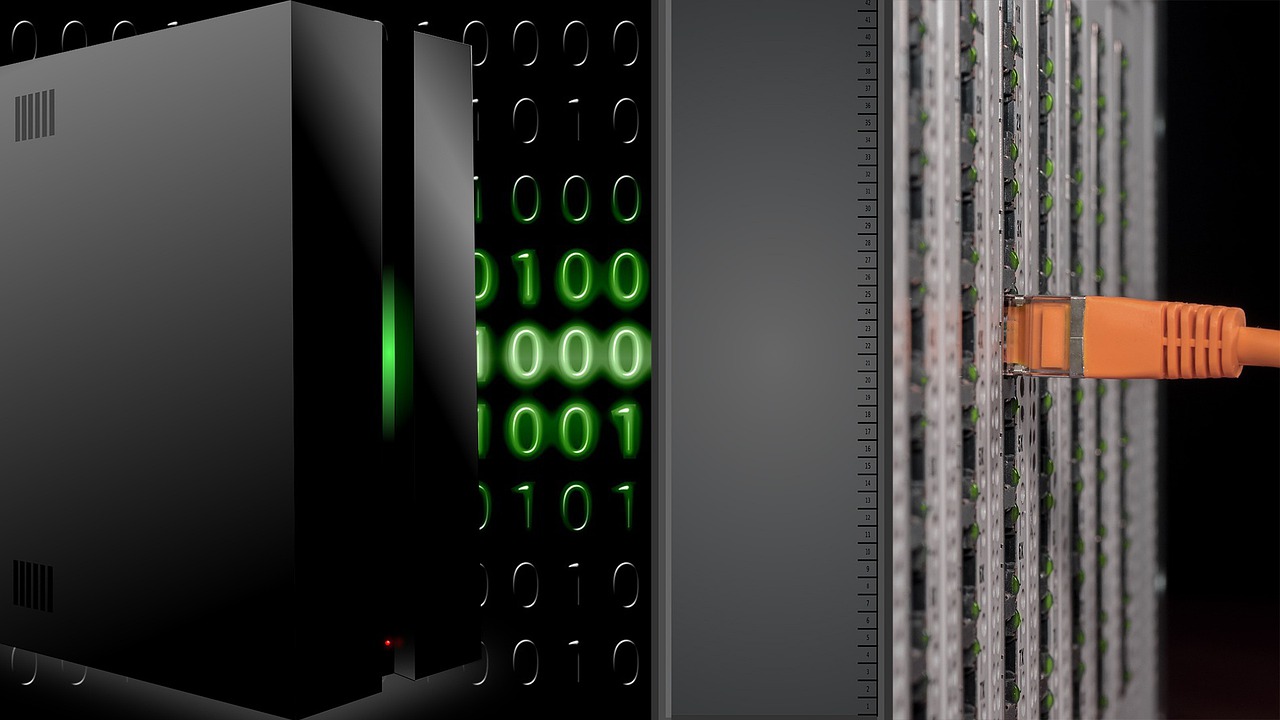Government IT infrastructures are often comprised of multiple agencies and departments, each of which performs various functions with significant data volumes. The prior sentence alone does a great job of explaining the high level of IT complexity across the state, county, and city levels. Government IT departments are tasked with uniquely challenging operational mandates: providing more efficient and more comprehensive services to their state constituents while never sacrificing speed or security. For the depth of complexity and fast-paced innovation alone, managed IT services are a great solution for government agencies, whether transportation and energy, health and human services, the state police department, or parks and recreational facilities.
Federal government contractors have especially stringent environments to maintain, but regardless of specific regulatory requirements, all federal agencies should continually improve their cybersecurity.
How MSPs Can Help Government Agencies
The lightning speed of technology innovation, combined with reduced budgets and understaffed IT departments, makes managed services a perfect solution for government agencies. A managed services model allows government agencies to manage a highly customized and flexible IT plan without purchasing their own hardware or hosting their own environment. The MSP both manages and supports all necessary back-end infrastructure.
Let’s take a closer look at how managed service providers can help government agencies.
Three Key Benefits
- Managing IT CostsFor many IT managers (government or otherwise), budgets are tightening, and there is little additional resource for them to perform more than system maintenance. “Achieve more with less” is now a mantra in government IT data centers, with employees being asked to show quantified savings coupled with return on investment. Managed services can help the government to use up-to-date technologies while significantly lowering operating costs.
- Deploying the Latest TechnologyWorking with managed services, government agencies have access to a deep bench of experts who are not only familiar with current technology but the innovations on the horizon that may benefit their operations. These IT professionals are constantly learning about the most efficient new ways to operate the IT system network – something that federal IT managers may not have the bandwidth to do.
- Helping Small Agencies Keep Up: Smaller government agencies may be especially susceptible to falling behind in IT innovation and need more assistance than larger agencies. Managed services models are based on ongoing, operational costs rather than capital costs, which are often utilized to purchase hardware and communications equipment. Having to purchase new equipment to replace “obsolete” models every few years is out of the question for those on a limited budget. Eliminating capital costs and allocating money towards managed services can provide the flexibility and agility small agencies need.
IT cost savings and best-in-class technology solutions will help government agencies of all sizes to keep current even with significant budget constraints. Managed services allow the government to do something not possible in the past – to remain as competitive and forward-thinking as private companies and corporations.
Managed IT Services provide the security protocols required to keep your business productive, secure, and efficient, including but not limited to:
- On-Site and remote support
- 24/7 network management and monitoring
- Detection and response to breaches and intrusions
- Advanced endpoint protection
- Disaster recovery and business continuity planning and development
- IT end-user policies
- Incident response planning
- Microsoft Office 365 Gov
Alliance IT provides cloud and managed services support that organizations need to remain competitive and profitable. We specialize in assisting government agencies to obtain economies of scale and take advantage of technological innovations that might ordinarily be out of reach.

